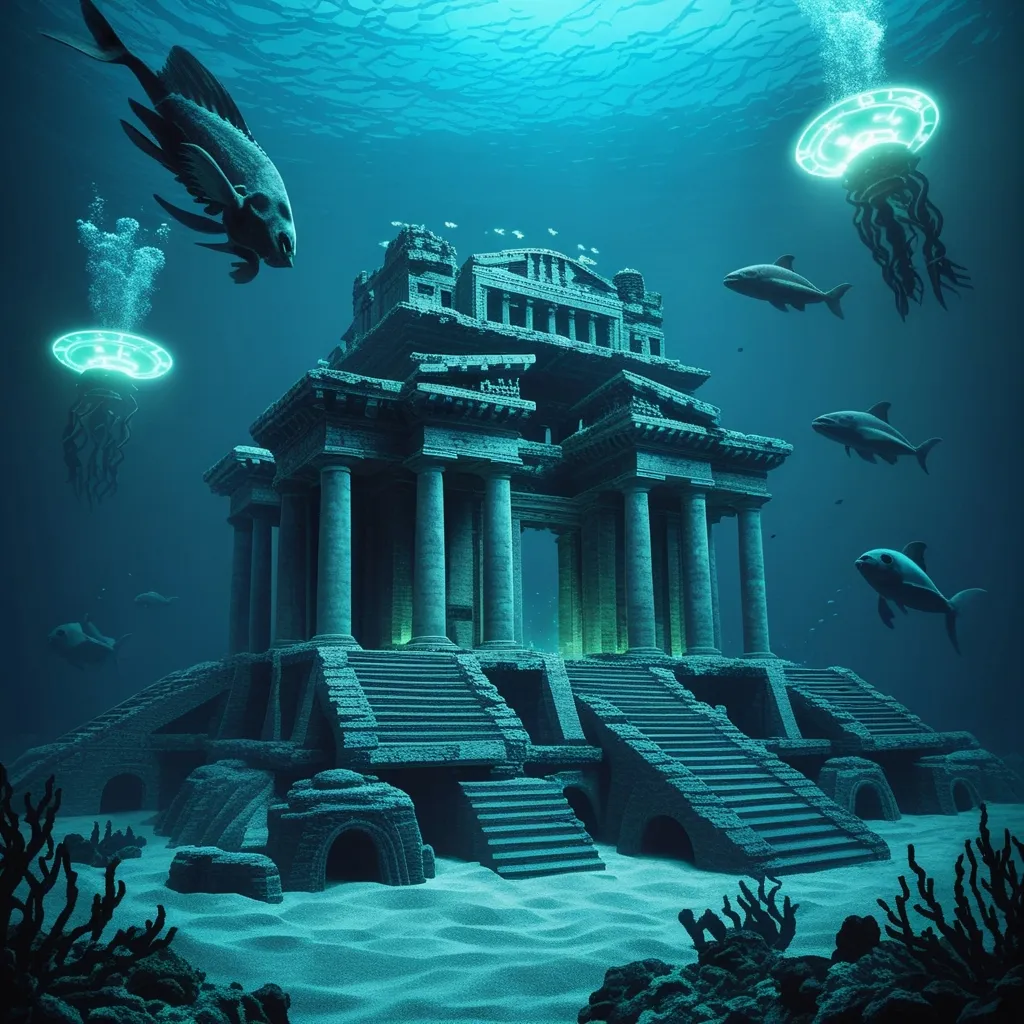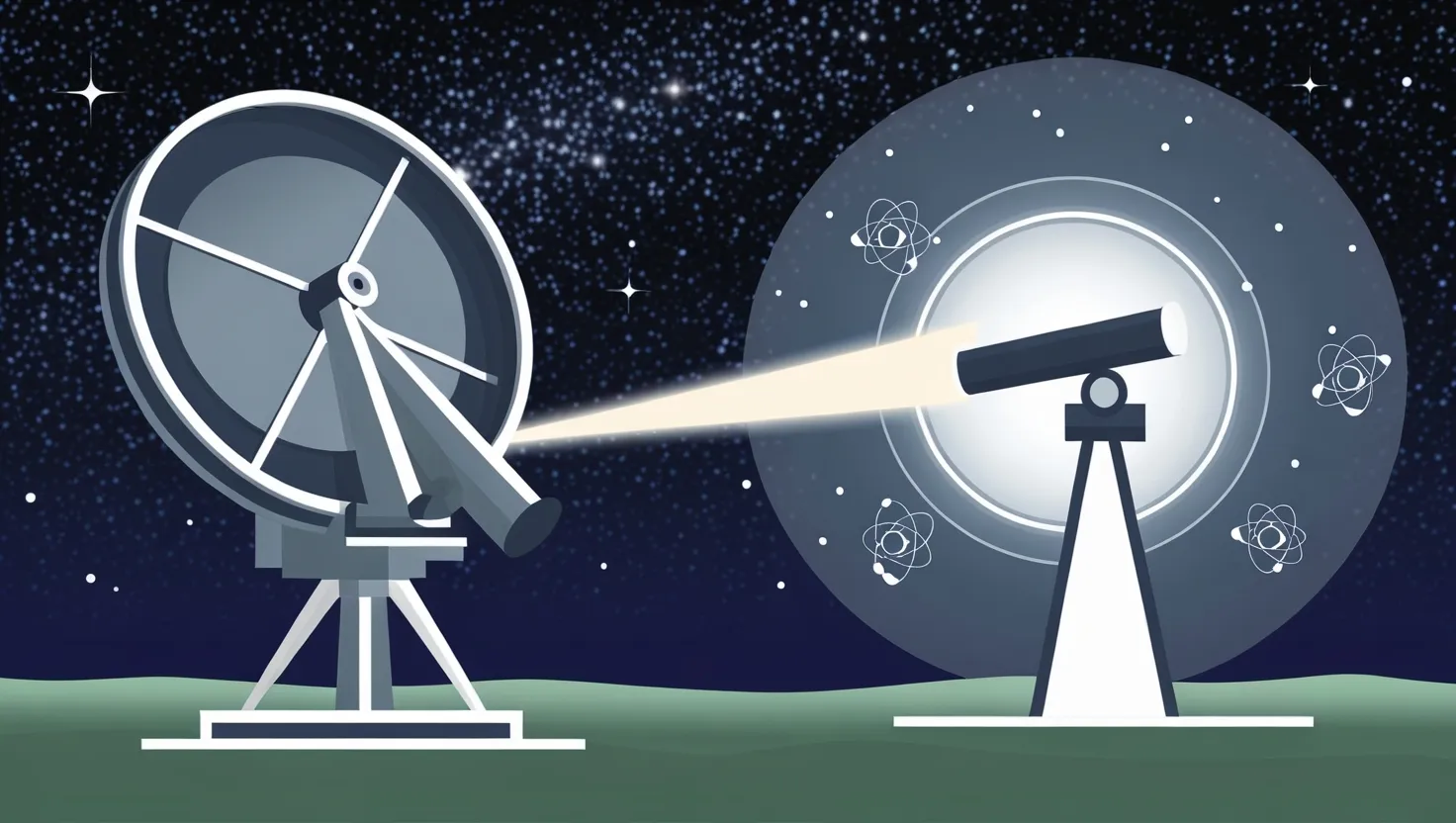Hey there! Let’s dive into the fascinating world of Atlantis, that mysterious lost city that’s been captivating our imaginations for ages. It’s wild to think that a story from way back in ancient Greece still has us scratching our heads and searching the seas today.
So, picture this: an advanced civilization, way ahead of its time, suddenly vanishing into the ocean depths. Sounds like something straight out of a sci-fi movie, right? But this tale has been around since Plato dropped it on us over 2,000 years ago. Talk about staying power!
Plato painted this picture of Atlantis as this crazy advanced place, bigger than Libya and Asia combined. Can you imagine? He described it as being beyond the “Pillars of Hercules,” which we now call the Straits of Gibraltar. This wasn’t just some little island - we’re talking a massive landmass with fancy canals, bridges, and a city layout that would make modern urban planners jealous.
Now, you’d think with all our fancy tech and ocean exploration, we’d have found some trace of this place by now. But nope, zilch, nada. Scientists have been scratching their heads over this for centuries. Back in 1931, some brave souls from the Woods Hole Oceanographic Institution even set sail to the Azores, thinking they might stumble upon Atlantis. Spoiler alert: they came back empty-handed.
But that hasn’t stopped people from trying. We’ve had folks claiming they’ve found Atlantis everywhere from Antarctica to Bolivia, Turkey to the Caribbean. It’s like a global game of “Where’s Waldo?” but with an entire city.
One of the coolest theories came in the 1960s when this oceanographer named James Mavor found evidence of a city destroyed by a volcanic eruption on the island of Thera in the Aegean Sea. It kinda matched up with Plato’s story, but most scientists were like, “Eh, close but no cigar.”
Here’s the thing, though. As much as we’d love to find a lost underwater city, science is pretty skeptical about Atlantis actually existing. We’ve mapped the ocean floor, we understand plate tectonics now, and there’s just no way a huge landmass could’ve sunk without leaving any trace. It’s like trying to hide an elephant in your backyard - not gonna happen.
But you know what? That’s part of what makes Atlantis so damn interesting. It’s this perfect mix of history, philosophy, and pure fantasy. It taps into our love for mystery and our desire to discover something amazing. That’s why it keeps popping up in books, movies, and TV shows. We just can’t get enough of it!
People have come up with all sorts of wild theories about what could’ve happened to Atlantis. Maybe it’s buried under ice somewhere, or hidden in some high-altitude salt lake. Some folks even think it might’ve been a desert city that got swallowed up by sand over thousands of years. It’s like a never-ending game of “What if?”
And let’s not forget the impact this legend has had on our culture. Atlantis isn’t just a story - it’s become a symbol of lost knowledge and advanced civilizations. It makes us wonder about our own past and what secrets might be hiding beneath the waves or buried in the sands.
So, while scientists haven’t found any solid proof that Atlantis was real, the search itself is pretty fascinating. It shows how curious we humans are and how much we love a good mystery. We’re always pushing to explore more, learn more, and uncover the secrets of our world.
In a way, Atlantis represents our endless quest for knowledge and understanding. It’s not just about finding a lost city - it’s about the journey of discovery itself. Every time we send a submersible into the deep ocean or uncover an ancient artifact, we’re channeling that same spirit of exploration that’s kept the Atlantis legend alive for millennia.
And who knows? Maybe one day we’ll stumble upon something that changes everything we thought we knew about our past. That’s the beauty of science and exploration - there’s always more to learn, more to discover.
So next time you’re at the beach, staring out at the endless blue horizon, take a moment to imagine what might be hiding beneath those waves. Let your mind wander to lost cities and ancient civilizations. Because even if Atlantis never existed, the idea of it - the mystery, the wonder, the possibility - that’s something that will always be real.
In the end, whether Atlantis was a real place or just a really good story, it’s left an indelible mark on our collective imagination. It reminds us that there’s still so much we don’t know about our world and our history. And isn’t that exciting? To think that even after all these years of scientific progress, there might still be incredible discoveries waiting to be made.
So here’s to Atlantis - the city that may never have existed but will always exist in our dreams and imaginations. It’s a reminder that sometimes, the search for something can be just as valuable as actually finding it. Keep exploring, keep wondering, and who knows? Maybe you’ll be the one to uncover the next great mystery of our world.






